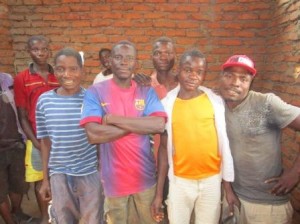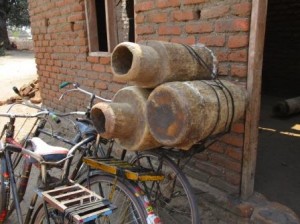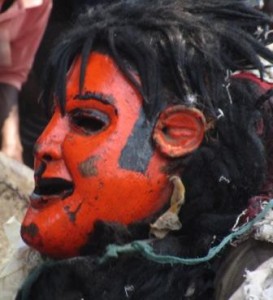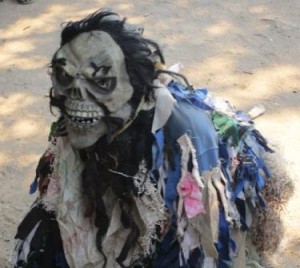Bryony reports on a cultural experience- watching a local dance troupe.
A Gule Wamkulu is a traditional tribal dance that involves dancers taking on the persona of spirit while wearing a mask.
The dance has three functions:
Education
Therapy
Entertainment
Gule Wamkulu often take place on special occasions or at prestigious events.
The dance also involves music and singing. It begins when the drumming begins.
Hoards of onlookers came running to the middle of the village and within minutes the whole area was full!
More information on the student blog at:
http://www.dashtomalawi.blogspot.co.uk/2015/09/gule-wamkulu-big-dance.html

The musicians and dancers pose, without their masks

The drums arrive in the village on a bike
T

A nyau mask

The monkey





Comments are disabled